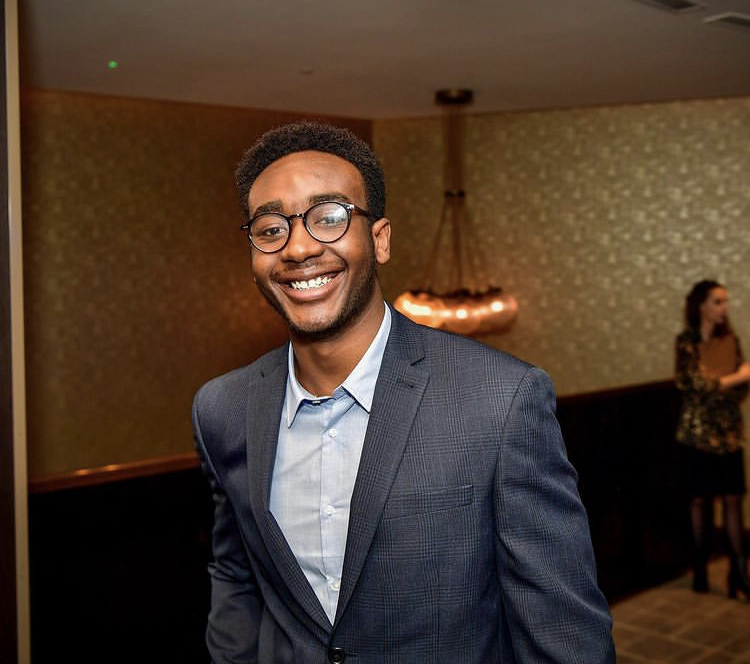 Are you hoping to study journalism and your A-Level results aren’t what you were expecting?
Are you hoping to study journalism and your A-Level results aren’t what you were expecting?
Here’s what you need to know: There are plenty of opportunities available to you to train to be a journalist, including NCTJ-accredited courses with clearing places, fast-track courses, distance learning and the chance to earn while you learn on a journalism apprenticeship.
UCAS clearing is available for you if your grades are lower or different to expected, and your firm and insurance offers will no longer accept you, or you may have changed your mind about your original plans.
Here at the NCTJ, we have compiled a list of all our centres that still have places available on their courses through UCAS clearing.
All NCTJ-accredited courses lead to a Diploma in Journalism, which provides you with fundamental and cutting-edge skills needed to work effectively as journalists in all sectors of the media.
You may also decide that university isn’t the right path for you. In that case, there are also fast-track, part-time and academic year courses at colleges and independent training providers delivering the diploma qualification to suit all needs.
 Or perhaps remote learning suits you best? The diploma can be studied by distance learning via the NCTJ’s Journalism Skills Academy, which is perfect for those unable to study at a centre or would like the flexibility to study around their own commitments. The NCTJ also accredits a part-time 18-month virtual programme, delivered by News Associates.
Or perhaps remote learning suits you best? The diploma can be studied by distance learning via the NCTJ’s Journalism Skills Academy, which is perfect for those unable to study at a centre or would like the flexibility to study around their own commitments. The NCTJ also accredits a part-time 18-month virtual programme, delivered by News Associates.
Studying journalism whilst working in the industry is also a possibility through journalism apprenticeships and community news reporter roles. As a community reporter, you can join the newsroom without any previous journalism experience and report on under-served communities while also receiving diploma training.
Community news vacancies can be found here on the NCTJ’s jobs board.

A-Level results day can be one of the most emotional and stressful days in a student’s life, particularly if they haven’t got the results they were expecting – be that higher or lower.Joanne Butcher, chief executive
Joanne added: “If that is you, we want to help you make an informed choice about where and how to study journalism, which journalism courses are right for you and why studying for the Diploma in Journalism will put you a cut above the rest.
“That’s why today we have a team available to help inform students about all the choices available to them to pursue their ambition of becoming a journalist.”
If you would like advice about journalism training or accredited courses available through clearing, please call our dedicated careers advice hotline on 01799 544944.


-1300x900.jpg)


